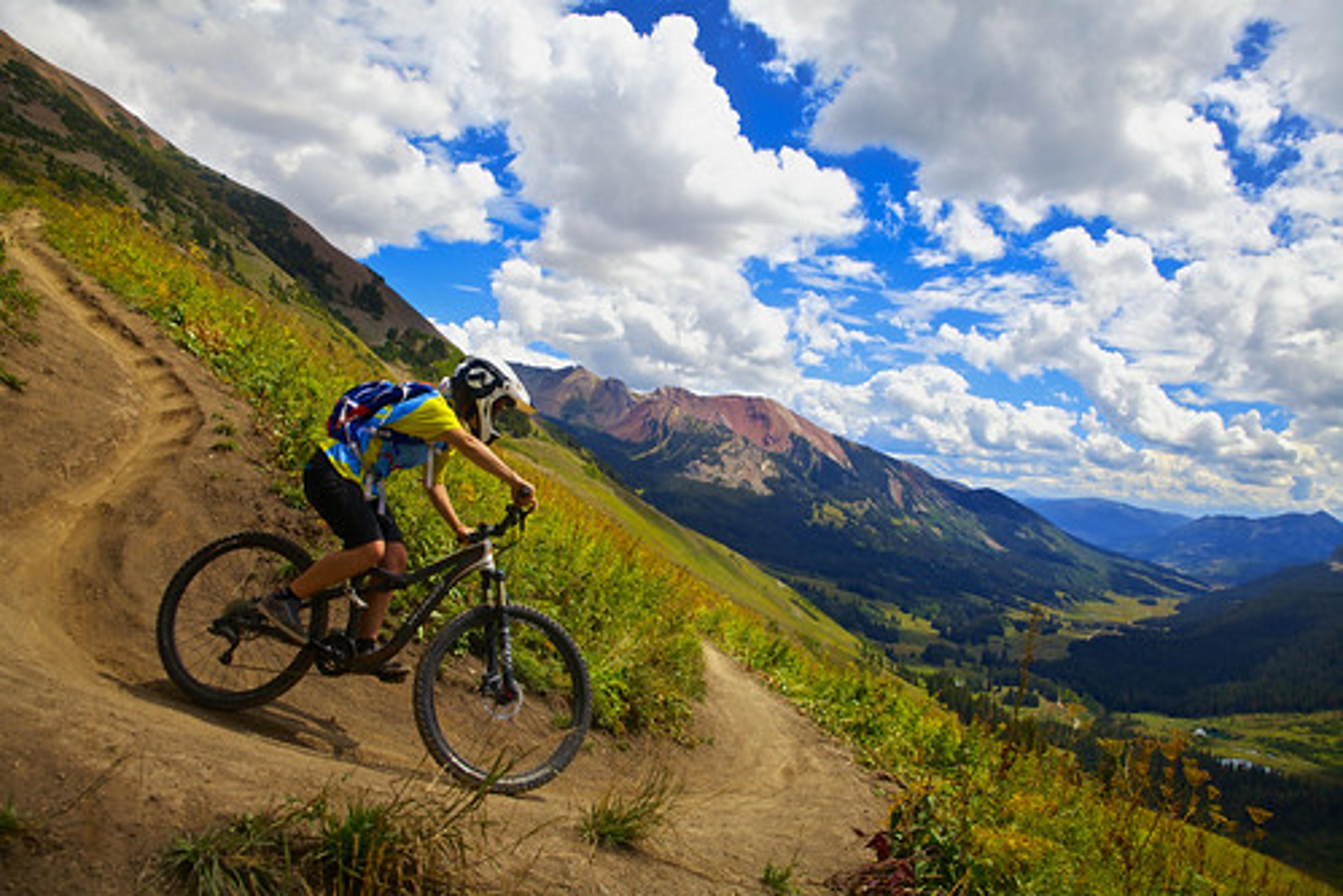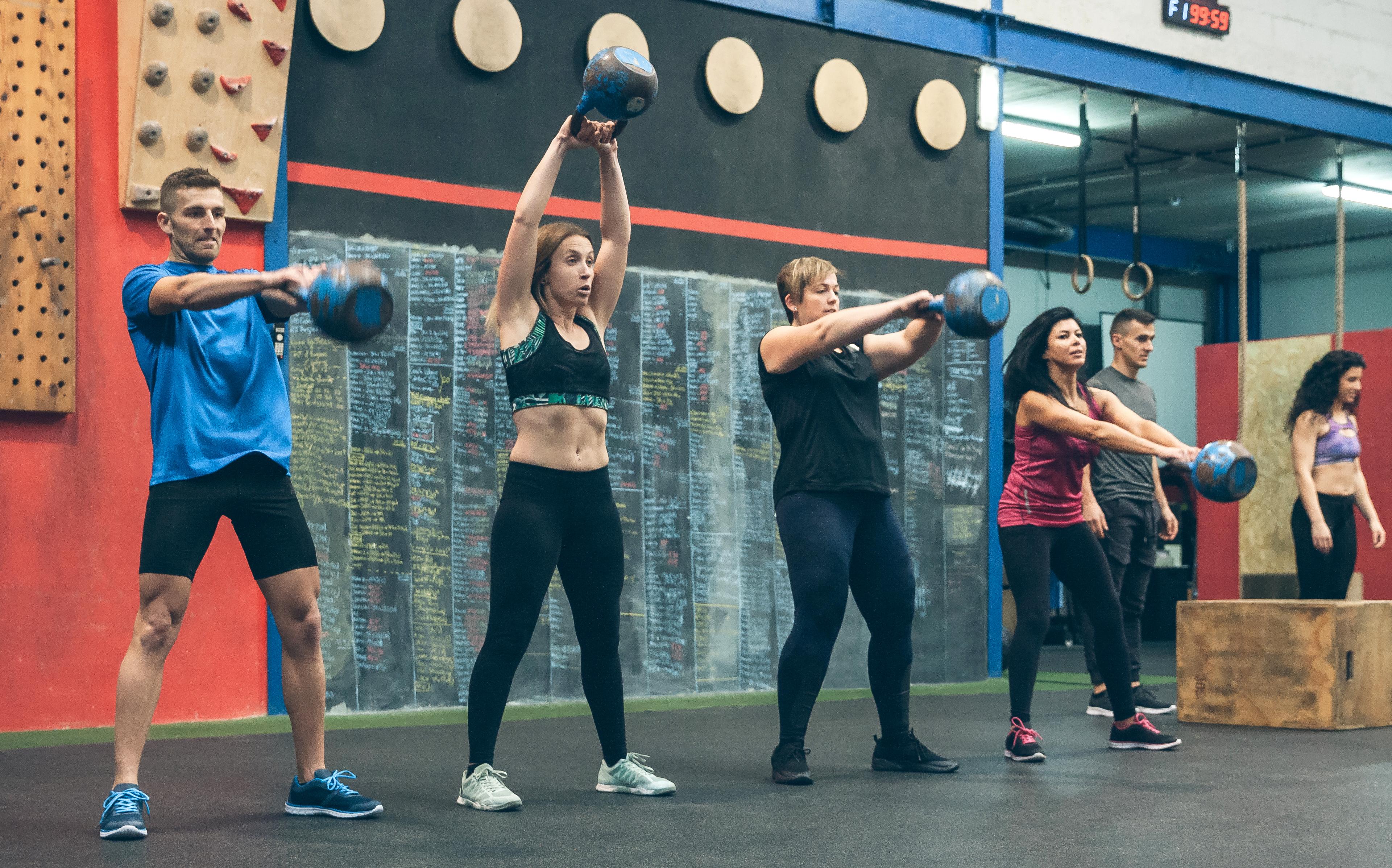Are You Fueling Up for Your Next Bike Ride?
Brandon Burbank
| 3 min read

There’s nothing quite like hitting a bike trail to change up your workout routine. We get to experience our surroundings in a whole new way when we’re on our bike. As cycling has many benefits including relieving stress, being easier on the joints and cheaper transportation, it’s easy to have your ride come to a screeching halt without proper bike nutrition – which is why understanding how to fuel our bodies during a session will help not only push us further, but allow us to recover after a ride.
Prepping rides for proper nutrition depends on three different ride durations that include: short rides (one hour), medium rides or interval training (one to two hours), and long rides (four to five hours). According to Alyssa Morahan, soigneur for Team Garmin-SHARP, addressing food intake while riding is just as important as staying hydrated.
Foods that should be taken on rides include gel packs, energy bars and other sugary-dietary supplements. Morahan supplies her riders with a couple gels (100 calories a piece) for short rides to replenish sugars and carbohydrates lost during the ride. Hydration is key during any workout, Morahan recommends two bottles – one water and one electrolyte mix – during rides. Weather plays a factor into hydration. If the weather is higher than 77 degrees Fahrenheit, it is best to go with two bottles of an electrolyte mix; one water and one mix is fine for rides below 77 degrees.
Eating properly during a ride will certainly change your performance, but be sure not to over eat. Also, if you’re trying out new protein bars, electrolyte mixes or gels, try them out on shorter rides to see how they affect your ride. More importantly, make sure to eat a solid meal up to two hours before any ride. Listed below is a break down of what to eat depending on the duration of your ride.
How to fuel up by duration (according to Performance Bicycle):
Less than an hour ride – riders should eat a small meal two hours prior to the ride to allow the body to fully digest the meal prior to the ride. This meal should be carbohydrate based, which includes foods like cereal, fruit or toast.
An hour to two hour ride – riders should follow the same regiment for a ride less than an hour, but they should also carry a protein bar or gel pack with them to replenish any carbohydrates lost during the ride – at least one bar or gel per hour riding.
Over three hour ride – riders should eat a solid meal before a ride lasting longer than three hours. It is recommended to avoid fatty foods and focus on healthy carbohydrates like oatmeal, fruit, toast, bagels or yogurt. During the ride, riders should make sure they have enough bars or gels per hour they’re riding.
After long rides, make sure to eat a healthy meal such as fruit, whole grains, lean meats, nuts or vegetables 20 to 40 minutes after the ride (reason for this is that your body continues to burn calories long after the ride is done allowing for a short time period – this helps to switch up your metabolism to begin rebuilding necessary calories lost).
Photo credit: Zach Dischner





